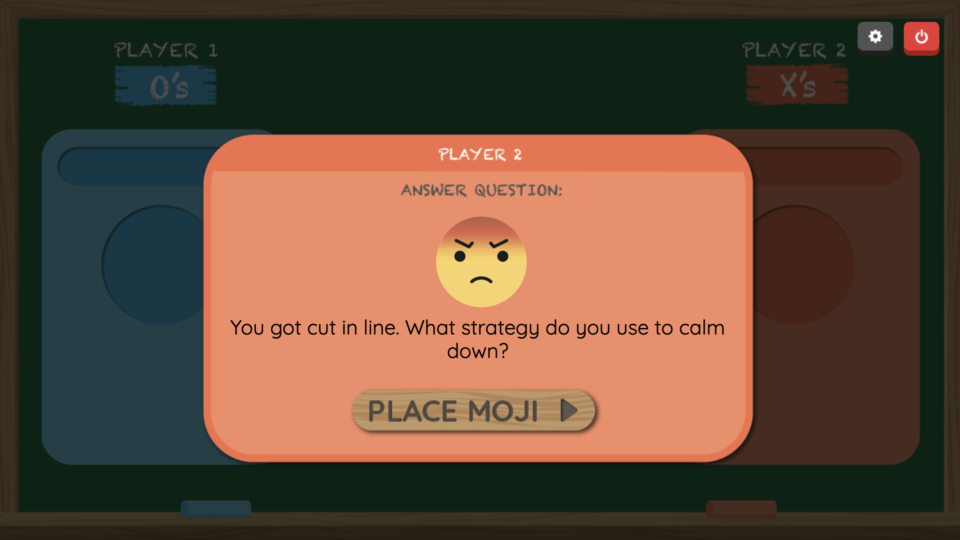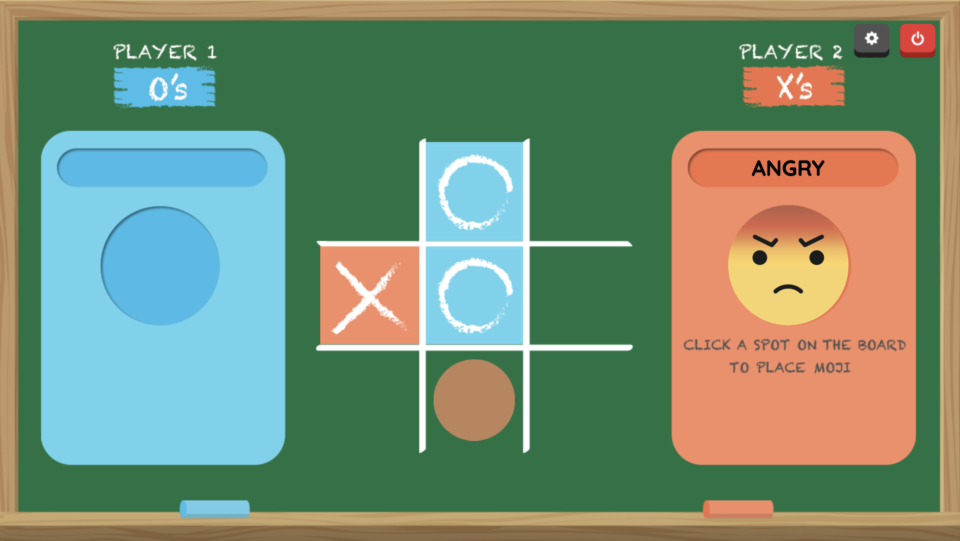
Managing feelings during playtime is a crucial skill for preschoolers, helping them navigate social interactions and build healthy friendships. As preschool teachers, finding engaging and effective ways to teach these skills can be challenging. Enter Tic Tac Moji: Playing with Friends from Everyday Speech. This Preschool Tic Tac Toe-Inspired Digital SEL Game combines the classic game of tic tac toe with social situation questions to create a fun and educational experience. In this blog post, we will explore how to use Tic Tac Moji to help preschoolers manage their feelings, provide a detailed lesson plan, and offer tips for success.
Why Managing Feelings is Important
Teaching preschoolers to manage their feelings is essential because:
- It Enhances Social Skills: Helps children interact positively with their peers.
- It Reduces Conflicts: Provides tools to handle disagreements and frustrations.
- It Builds Emotional Intelligence: Encourages children to recognize and express their emotions appropriately.
- It Supports Overall Well-Being: Promotes a positive, healthy approach to social interactions and friendships.
Introducing Tic Tac Moji: Playing with Friends
Tic Tac Moji: Playing with Friends is a digital game where students take turns playing tic tac toe. With each turn, they answer a social situation-related question, helping them practice managing their feelings and responding to different scenarios. This interactive approach makes learning about emotions and social skills both fun and engaging.

Lesson Plan: Using Tic Tac Moji to Manage Feelings
Objective
By the end of the lesson, preschoolers will be able to recognize and manage their feelings during playtime with friends.
Materials Needed
- Access to Tic Tac Moji: Playing with Friends from Everyday Speech
- A computer or tablet
- Reflection journals (optional)
Duration
30-45 minutes
Activity Steps
1. Introduction to Managing Feelings (10 minutes)
Begin the lesson by discussing feelings and why it is important to manage them, especially when playing with friends. Use simple language and examples that preschoolers can relate to, such as feeling happy when sharing toys or feeling upset when a friend takes their turn.
2. Introducing Tic Tac Moji (5 minutes)
Introduce the Tic Tac Moji game to the class. Explain the rules of tic tac toe and how they will answer a question about social situations with each turn. Emphasize that the goal is to learn about managing feelings while having fun.

3. Playing Tic Tac Moji (20 minutes)
Divide the students into pairs and have them play Tic Tac Moji on a computer or tablet. Guide them through the process of taking turns and answering the social situation questions. Ensure that each student has a chance to play and participate actively.
Example Questions:
- How would you feel if a friend didn’t share their toy with you?
- What can you do if you feel angry during playtime?
- How would you cheer up a friend who is feeling sad?
4. Group Discussion and Reflection (10 minutes)
After playing the game, gather the students for a group discussion. Ask questions like:
- What did you learn about feelings today?
- What can you do to manage big feelings when playing with friends?
Encourage students to share their thoughts and experiences. If using reflection journals, have them draw or write about a time when they managed their feelings well.
Unlock ALL of our preschool materials by signing up for your free trial today – no credit card required!
Access the full Social Communication Curriculum HERE!
Instant access to thousands of no-prep social skills activities, over 1000+ video lessons, and engaging games designed to enhance learning and development.
Conclusion
Helping preschoolers manage their feelings during playtime is a vital part of their early development. Using this Preschool Tic Tac Toe-Inspired Digital SEL game from Everyday Speech, teachers can create an engaging and interactive learning experience that helps children understand and manage their emotions. By following the provided lesson plan and incorporating the no-prep activity ideas, educators can support their students in building these essential skills. For more resources and tips on teaching social-emotional learning, stay tuned to our blog.
Sample Video
Students learn best from watching real students their own age model skills. Try out this sample video lesson. We offer our entire Social-Emotional Learning platform free for 14 days here!
Related Blog Posts:
Everyday Speech Pre-K Materials Are Here!
Fun and Engaging Social Skills Activities for Preschoolers
Free Preschool Self-Regulation Skills Material





